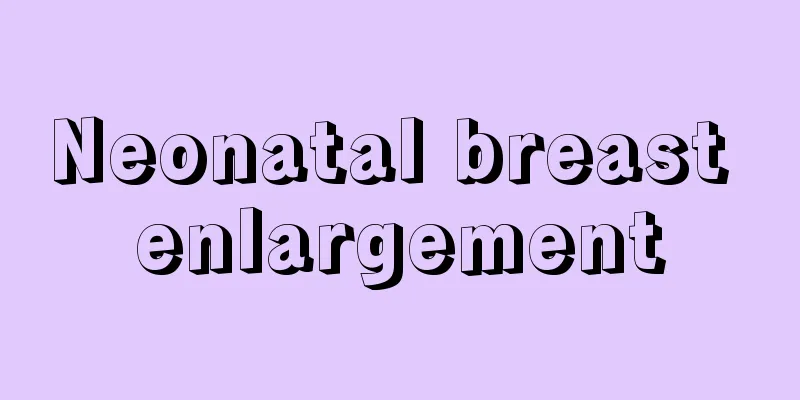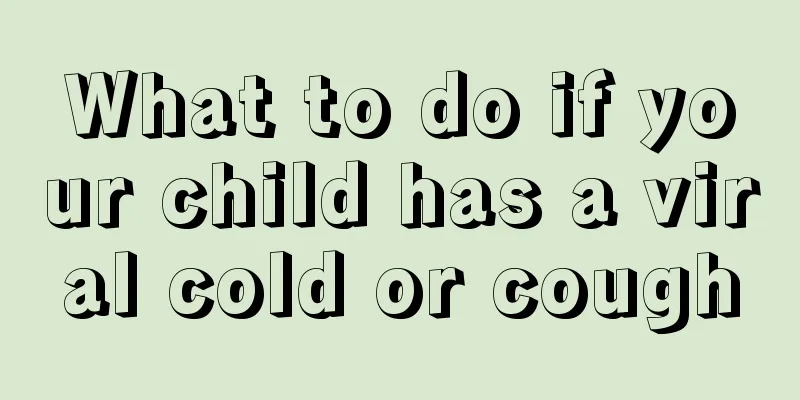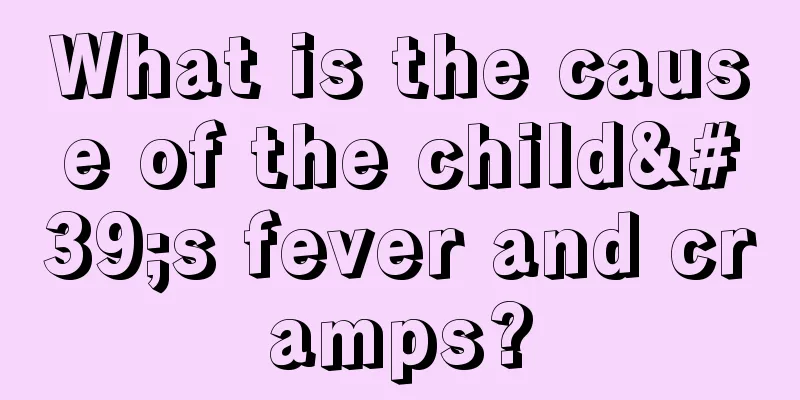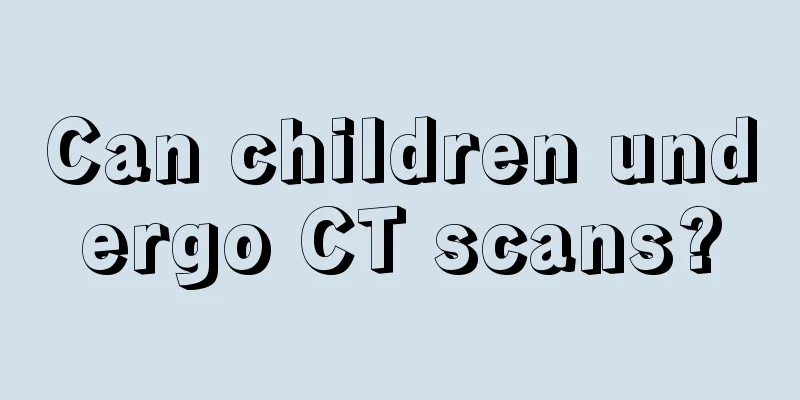Neonatal breast enlargement

|
Anyone who has been a parent knows that in the first few days after a baby is born, the newborn's breasts will swell and even secrete fluid. This is actually a manifestation of the transition period when the baby adapts to the external environment after birth. A child stays in the mother's body before birth, and during pregnancy, various female hormones in women will increase significantly. Prolactin is one of the representative hormones. When a child is affected by this hormone, it will cause breast hyperplasia. Breast enlargement and lactation in newborns is a physiological phenomenon and does not require special treatment. Both male and female babies may experience breast secretion or enlargement within a few days after birth. This is caused by the fetus being affected by high concentrations of prolactin and other hormones in the mother's blood, which causes breast hyperplasia. A few days after a newborn is born, a bulge may appear in the breast, and even a milk-like liquid may flow out. In some places, there is a practice of squeezing breast milk for newborn baby girls. It is believed that if the nipples of baby girls are not squeezed in time, the nipples will be inverted when the child grows up. In fact, expressing breast milk for a newborn girl is not a way to prevent inverted nipples, and whether or not the nipples are inverted has nothing to do with it. And expressing breast milk is very dangerous. After birth, because the mother's hormones will remain in the newborn's body for a period of time, the newborn's breasts will swell and even secrete milk. About 1 to 2 weeks after birth, the hormone level in the newborn's body gradually decreases, and is finally completely secreted and excreted from the body, and the phenomenon of breast swelling disappears automatically. So there is no need to express the milk. If you express breast milk for your child, it may cause inflammation of the breast tissue. If the breasts are enlarged and lactating, and the skin is red and swollen, and the baby cries when touched, mastitis should be considered and you should go to the hospital for diagnosis and treatment in time. Whether the nipple will be inverted in the future is related to the development and whether the breasts are well cared for during pregnancy, but has no direct relationship with whether the breasts are squeezed during the neonatal period. |
<<: Newborn baby trembling chin
>>: How long does it take for children's myositis to recover?
Recommend
What to do if your 7-month-old baby has enteritis?
The baby's stomach is relatively fragile, and...
How to make baby pumpkin puree
After 6 months of age, the baby's physical de...
Is it really good to bathe a three-month-old baby every day?
Many mothers have disputes about whether it is go...
How to treat children's teeth grinding?
Teeth grinding is a common symptom in children wh...
Baby's nose bleeds after eating lychee
A few years ago, there was a popular saying calle...
What is the reason for children grinding their teeth at night?
The phenomenon of children grinding their teeth a...
What should I do if my child catches a cold and has a fever?
Children often catch colds and have fevers. In fa...
Baby always strains when sleeping
When babies are young, their bodies are still ver...
How do famous doctors teach you how to prevent and treat childhood asthma?
Asthma-related diseases trouble many people, from...
Dietary treatment for alopecia areata in children
Parents are very worried about the healthy growth...
What department should I go to for ADHD?
Which department should I go to for ADHD? This is...
What should I do if my one-year-old baby suddenly cries while sleeping?
One-year-old babies already have some expressive ...
Why does my child have stomachache after eating?
As parents, our children's health is our bigg...
What should I do if my child coughs and has eye mucus?
In daily life, children will cough from time to t...
At what age is it normal for children to change their teeth?
I believe everyone must know the importance of te...









